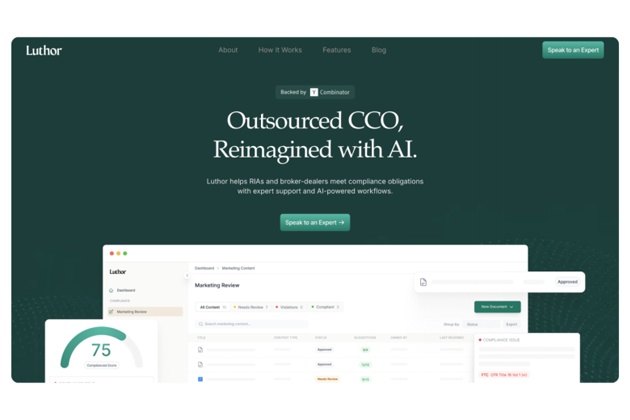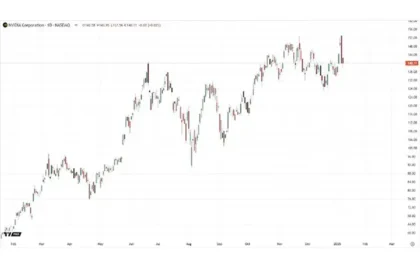Organizations face an increasing number of regulations today, and regulatory change grows.
Organizations need smarter compliance solutions.
They must meet these challenges.
Adopting the right technology is key to achieving compliance management made simple, empowering businesses to streamline operations, reduce errors, and proactively manage risks.
The article discusses the top technology trends affecting compliance programs.
It offers actionable recommendations on implementing these technology solutions effectively.
The Rise of Automation in Compliance
Automation helps organizations as it complies with regulations.
It addresses processes based on repetition and rules that require minimal human direction.
Automation completes regulatory filings with speed, conducts internal audits for quality, and performs other data-driven tasks.
These tasks need diligence, accountability, and monitoring from you.
This risk can be offset by automated compliance.
Automated real-time monitoring and alerts allow compliance teams to respond in a timely manner to any issues that arise.
This provides more efficiency and continuous compliance.
In addition, with an effective automated compliance approach, compliance officers can focus on higher-level tasks that combine human judgment and experience with the higher accuracy machines can provide.
Leveraging Artificial Intelligence and Predictive Analytics
Artificial intelligence technology sees increased use to ease compliance.
It sifts through data at high speed and independently.
It spots trends, anomalies, or risks that may have gone undetected by others until now.
Predictive analytics helps organizations stay compliant because it tackles problems ahead of time.
Machine learning is a subfield of artificial intelligence.
This ability improves when teams use more data to keep improving risk models because regulations and risk factors change.
AI-enabled tools also give alerts when regulations change, so organizations stay informed and compliant.
Blockchain’s Role in Enhancing Transparency and Trust
Blockchain use for compliance can benefit meaningfully as its decentralized, tamper-resistant ledger records transactions and compliance activities in a way that is more transparent, accountable, and easily auditable.
Blockchain can provide an extra level of security and trust in some industries.
This compliance and recordkeeping is especially important in finance or supply chain industries.
Organizations with blockchain can show compliance and have verifiable and tamper-proof records.
Cloud-Based Compliance Solutions for Greater Flexibility
Cloud computing transformed business processes, and managing compliance feels no different.
Cloud-based compliance management tools allow organizations access to compliance information and tools from anywhere.
This is useful for geographically dispersed teams and multijurisdictional environments.
The cost of operating IT infrastructure in-house can be reduced.
Also, the solutions offer improved security and disaster recovery capabilities for the business to scale to its requirements.
This makes cloud compliance systems more resilient.
Integrating Technologies for Simplified Compliance Management
The full potential of compliance technology can be achieved only through integration, with automation, AI, blockchain, and cloud platforms working together as one compliance ecosystem with shared goals.
This allows for smooth data flows between systems, consolidated monitoring, and advanced data analytics.
Regulatory compliance becomes part of the business process through this.
However, an end-to-end approach manages compliance and allows organizations to adapt better when regulations change while they clearly define and manage their compliance obligations.
Balancing Technology and Expertise
These advanced technologies can provide massive benefits for us, but they cannot replace experienced professionals on the compliance staff.
Technology enables human judgment and improves strategy-making.
This collaboration of effective compliance teams and technology solutions positions businesses to build resilient compliance programs, achieve improved performance, reduce risk, and thrive in the complex regulatory environment.
Preparing for a Future Driven by Compliance Technology
Compliance complexity can be tamed through technology.
Through the implementation of automation, AI, blockchain, and cloud platforms, organizations can meet compliance requirements more easily and face compliance challenges with greater confidence in the future.
Luthor.ai shows a new project for the field.
It could become compliance technology’s future since it simplifies the process using AI solutions.
Companies invest in the right tools.
They support integration with expert guidance, and this transforms compliance from a burden into a competitive advantage.
For easy compliance management, companies must adopt technology as a trusted partner and encourage change through continuous improvement.










